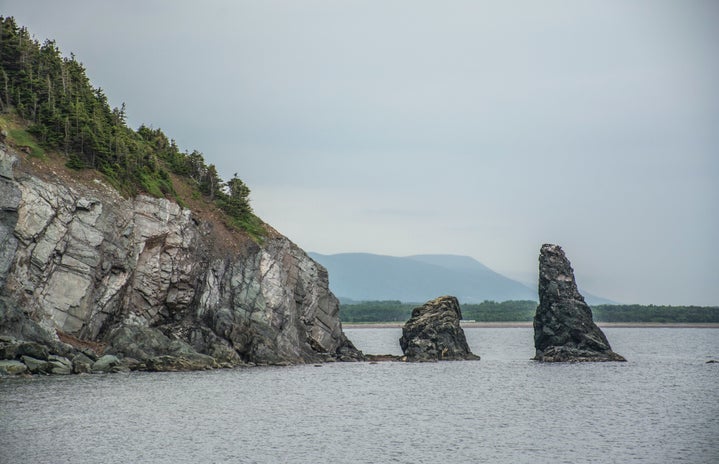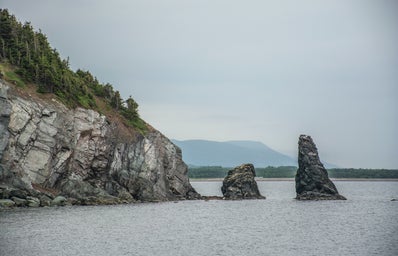Seafood is, and always has been, one of the largest food exports for Canada. Maybe seafood isn’t the first food you typically associate with Canada, as poutine and maple syrup most likely precede lobster and cod cakes. However, there are so many delicious recipes that incorporate fish, it just takes some searching to truly appreciate Canada’s best.
Indigenous Nations in Canada have sustained themselves with fishing and hunting for thousands of years. Seafood, to them, is not just food to consume. For example, the Straits Salish peoples believe salmon to have a human spirit and consider them to be their relatives. Before commercial fishery in British Columbia, there was nation-to-nation trade between Indigenous Nations. With the rise of industrial commercial fisheries, the trade between Indigenous Nations was replaced. In an all too familiar tale, Indigenous men and women were robbed of their culture and tradition on Canadian soil.
The Fisheries Act was introduced in 1857 and it displaced Indigenous peoples’ governance and fisheries. The Fisheries Act that we have today manages fisheries and conservation. An Indigenous person has the right to fish and hunt in their treaty area, but they must prove they have that right. Just a few weeks ago, a group of Indigenous fishermen in Nova Scotia who were recently issued their licenses began hurling lobster traps into the Atlantic. The excitement soon turned into fear when commercial fishing crews began harassing the Indigenous fishermen and vandalizing their properties; some even went to the extent of using flare guns. Local chiefs declared a state of emergency and a crowd of protesters gathered in front of the home of an alleged buyer of Mi’kmaw-harvested lobster. The fishermen allege that the Mi’kmaw traps violate federal regulations. Mi’kmaw fishermen argue that fishing helps to reduce poverty and that commercial fishermen feel threatened and personally attacked by their presence.
The issues at stake are the mistreatment of First Nations that deserve the right to earn a respective livelihood from fishing, while also taking into consideration the regulations that are put into place for conservation. The reality is, there is no real agreement that helps enforce fishery as a moderate livelihood in Nova Scotia and Mi’kmaw leaders are fed up, as they should be. The tensions between Indigenous peoples and commercial fishermen reflect the historical tension that has disenfranchised men and women and has allowed years of abuse that continues to this day. Fishing is an integral part of Indigenous culture. It provides personal fulfillment, a sense of community and spiritual health. It has been far too long for this conflict to remain unresolved; Indigenous peoples’ right to hunt and fish on the land and waters of their ancestors for ecological well-being is necessary. Sustainable fishery economies should be something that Canadians feel pride in, but that just can’t happen until Indigenous peoples’ livelihoods are respected.
Works Cited:
Cecco, Leyland. “Why Were Indigenous Crews in Canada Shot at with Flares for Fishing?” The Guardian, Guardian News and Media, 23 Sept. 2020, www.theguardian.com/environment/2020/sep/23/why-indigenous-crews-in-cana….
Claxton, Nicholas XEMŦOLTW. “Policy Brief.” Yellowheadinstitute.org, University of Victoria, 26 Mar. 2019, yellowheadinstitute.org/wp-content/uploads/2019/03/fisheries-act-brief.pdf.
Claxton, Nicholas XEMŦOLTW. “Reviewing The Fisheries Act: An Indigenous Perspective.” Yellowhead Institute, Yellowhead Institute, 26 Mar. 2019, yellowheadinstitute.org/2019/03/25/reviewing-the-fisheries-act/.



